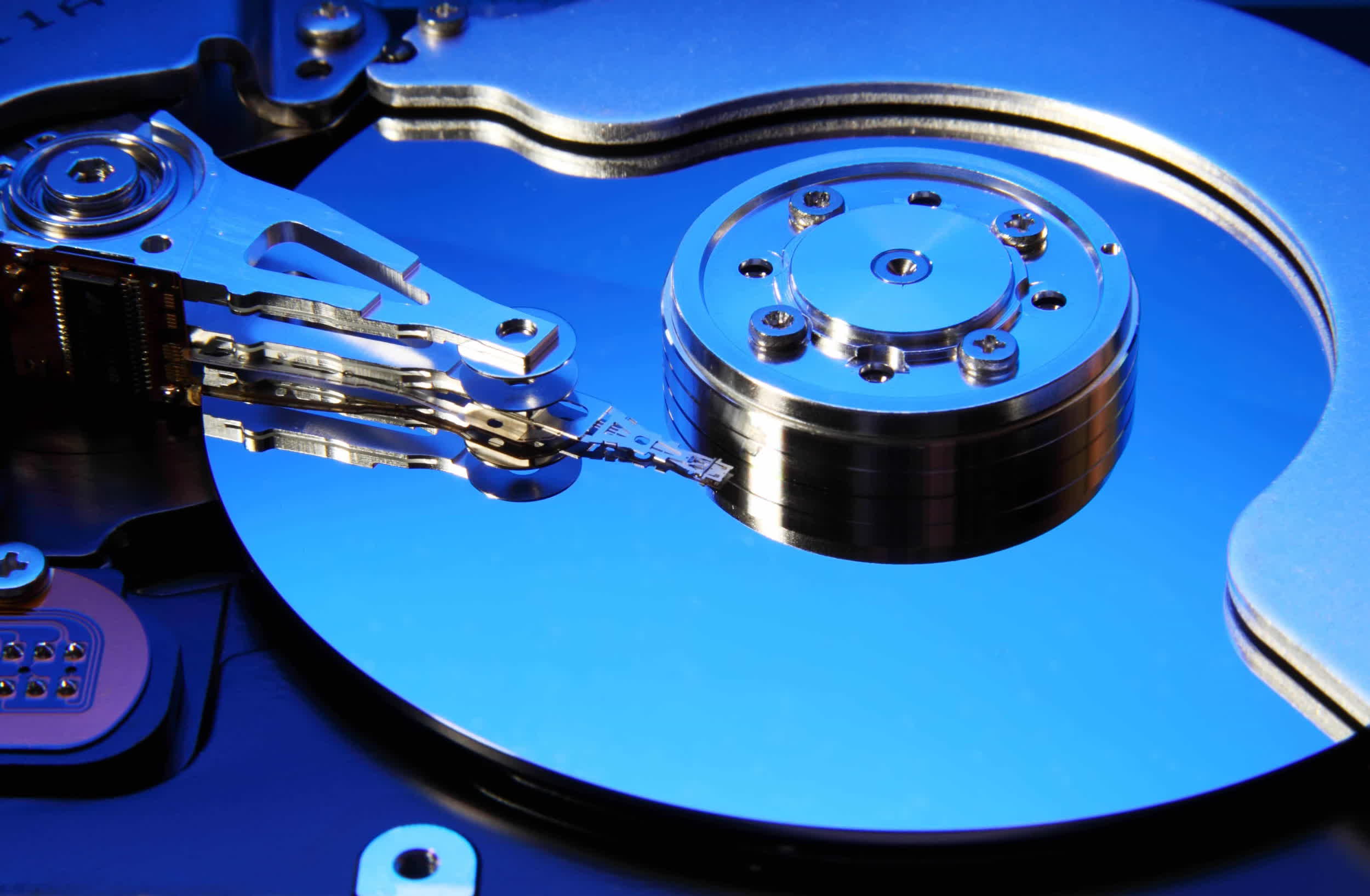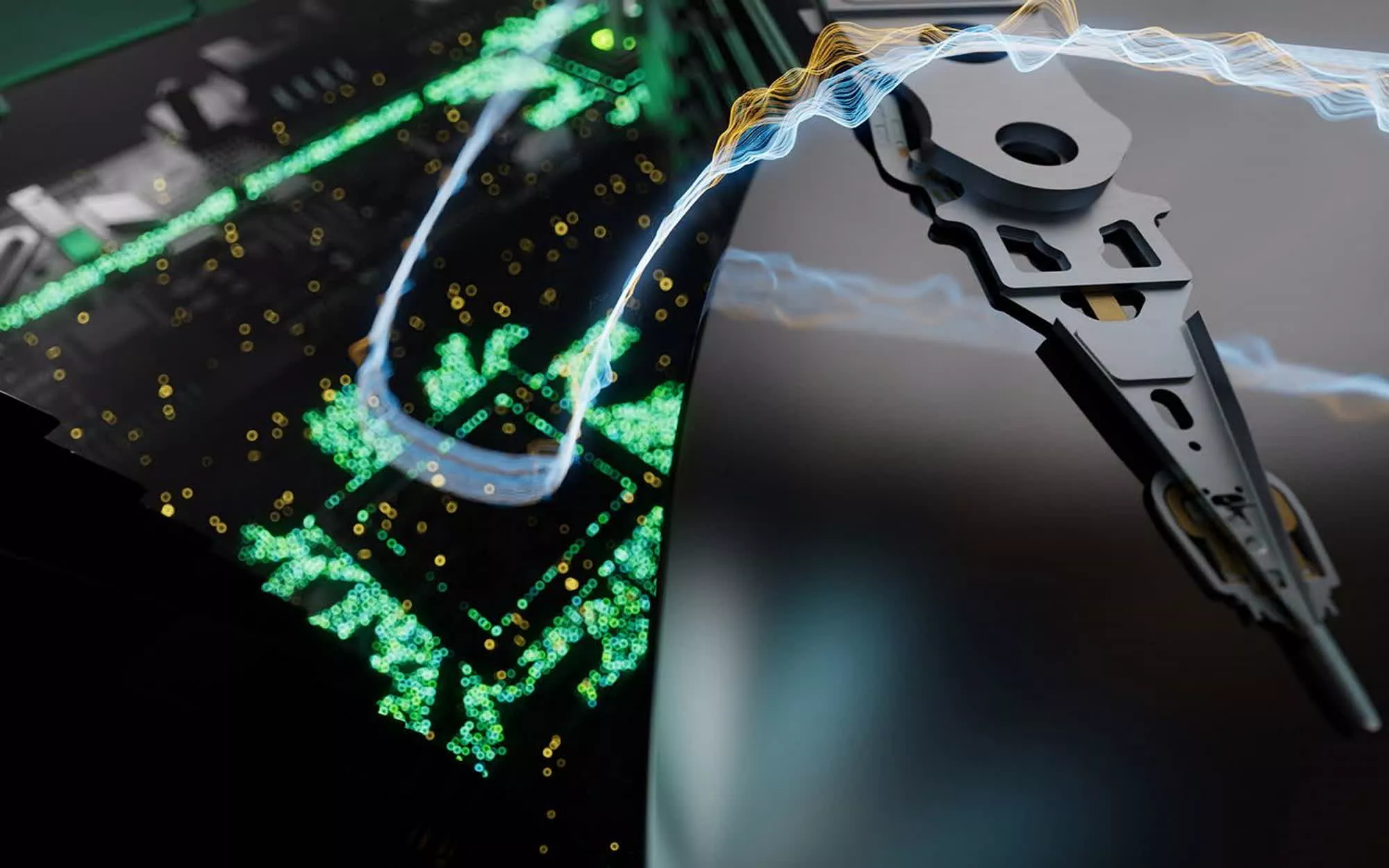Burning Drives: Heat-assisted magnetic recording (HAMR) is the first major hard disk drive technology advancement to arrive in a very long time. Seagate beat everyone by rushing its Mozaic 3+ platform to the market, and the company is now trying to reassure customers and industry partners about the reliability of the new storage solution.

The Mozaic 3+ hard drive platform is as reliable, or even more reliable, as conventional HDD technology. Seagate recently introduced the new hard disk drives based on its own implementation of the HAMR technology, with 30 TB HDDs available to customers and a very ambitious plan to push storage technology further with 50TB units coming in the not so distant future.
The US corporation spent more than $2 billion to develop Mozaic 3+ and the first commercial HAMR drives, providing new levels of mass-capacity storage with areal densities of 3TB per disk and beyond. Seagate undertook a significant R&D effort to bring HAMR to the market, with Mozaic 3+ including what the company describes as the most complex "nanoscale recording technologies" and material science breakthroughs on the planet.
HAMR is a transformative technology, so much that Seagate felt the need to provide an official "narrative" about the new solution. Misconceptions about reliability, compatibility, and ease of integration into the existing storage infrastructure are just industry myths, the company said, while HAMR has proven to be an extremely reliable storage technology in the firm's own tests.

Seagate tested over 500,000 Mozaic 3+ hard drives, and worked with customers and industry partners to gather feedback over HAMR implementation. Mozaic 3+ drives can seamlessly blend into the current data center ecosystem, the company added, as they employ the same HDD standards and protocols used by existing units. The rated mean time between failure (MTBF) for the new drives is 2.5 million hours, which aligns to the most recent perpendicular magnetic recording (PMR) enterprise hard drives in the Exos line.
"Thousands" of Mozaic 3+ read/write heads have been tested to prove their durability, and they were able to "reliably" transfer data for more than 6,000 hours – or 3.2 petabytes per single head. This is more than 20 times the amount of data transferred on a typical nearline hard drive. Field stress tests have shown that Mozaic 3+ read/write heads can last seven or more years, exceeding most of the current PMR-based products (5 years).
Seagate is betting on the fact that the transition from conventional PMR to HAMR recording will be seamless, as no changes will be needed to adopt the new drives into storage infrastructures that are already compatible with the "most recent" PMR drives. Global demand for data storage solutions keeps growing, and prices are surging because of AI hype. Seagate wants its new HAMR hard disk drives to be welcomed as a significant and reliable new advancement in the storage technology market.
Seagate says their new Mozaic 3+ HAMR disk drives can last longer than conventional HDDs